
This past weekend, Suicide Squad, DC’s latest superhero offering, scored over $133 million at the box office. It set a brand-new August record despite overwhelming (and controversial) critical disapproval. As such, this movie deserves to be examined on an analytical level, especially with regard to representation.
No more contentious figure exists, perhaps, in this movie, than that of Harley Quinn. As the most high-profile female character in the film, popular with fans the world over, everyone has a horse in the Harley race. Criticism has appeared over her costume design, her status as an abuse survivor, and pretty much everything else about her.
She’s either a feminist icon or the worst thing to happen to women in DC movies, ever.
[zergpaid]Considering that dichotomy played out with Lois Lane in the last two DC movies’ critical reception, I’m not surprised. As the most familiar character, of course people pay attention to her as representation. Never mind that she’s one female character among several. Never mind that Amanda Waller is a terrifying manipulator, June Moon an innocent victim, Katana a traditional Japanese warrior, and the Enchantress an Eldritch horror — no, any and all female representation discourse around Suicide Squad centers Harley Quinn.
There is one point, however, where Harley is the only representation we’ve got: disability. Harley’s abuse and trauma at the hands of the Joker made her ‘crazy,’ as it were — made her mentally ill.
Is she adequate representation for abuse survivors? Is she adequate representation for mentally ill people? I had to ask myself those questions when I stepped out of the movie theatre Monday night.
The answer, of course, as befits Suicide Squad, is complicated.


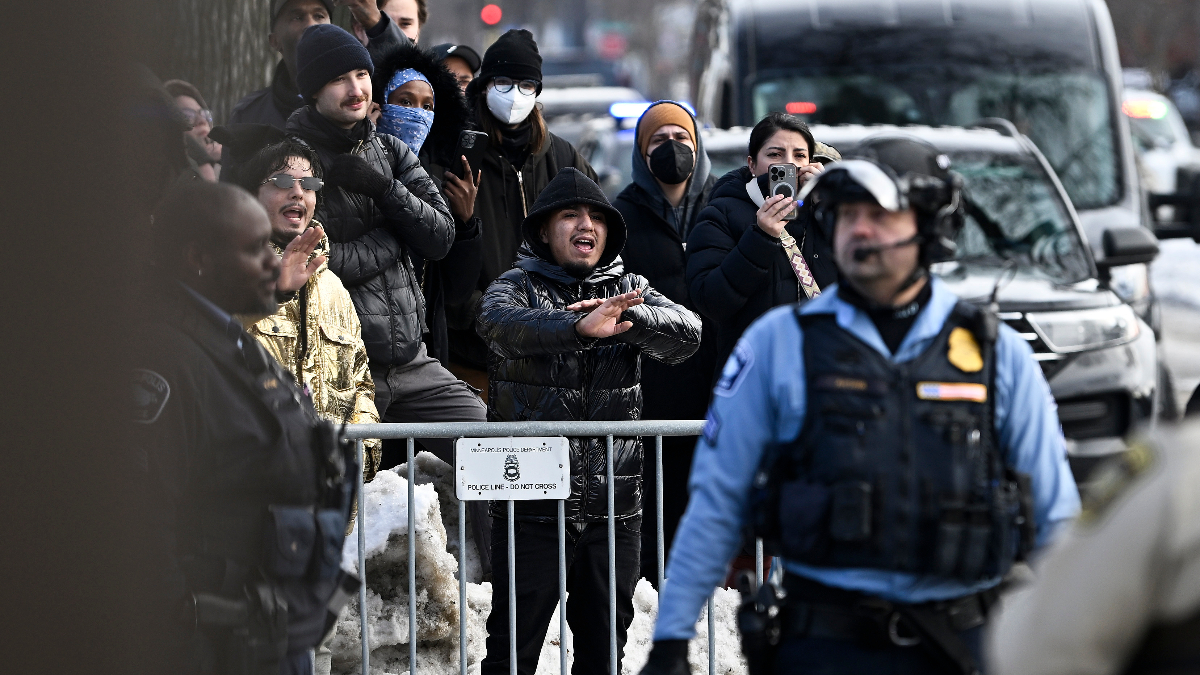
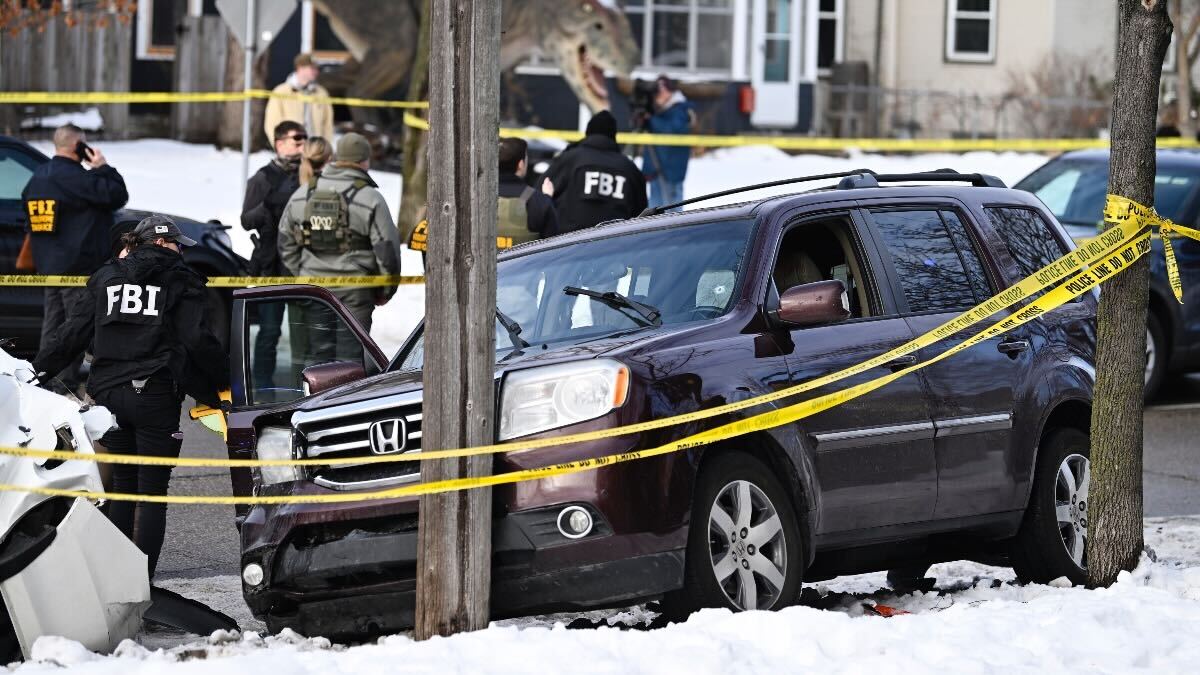
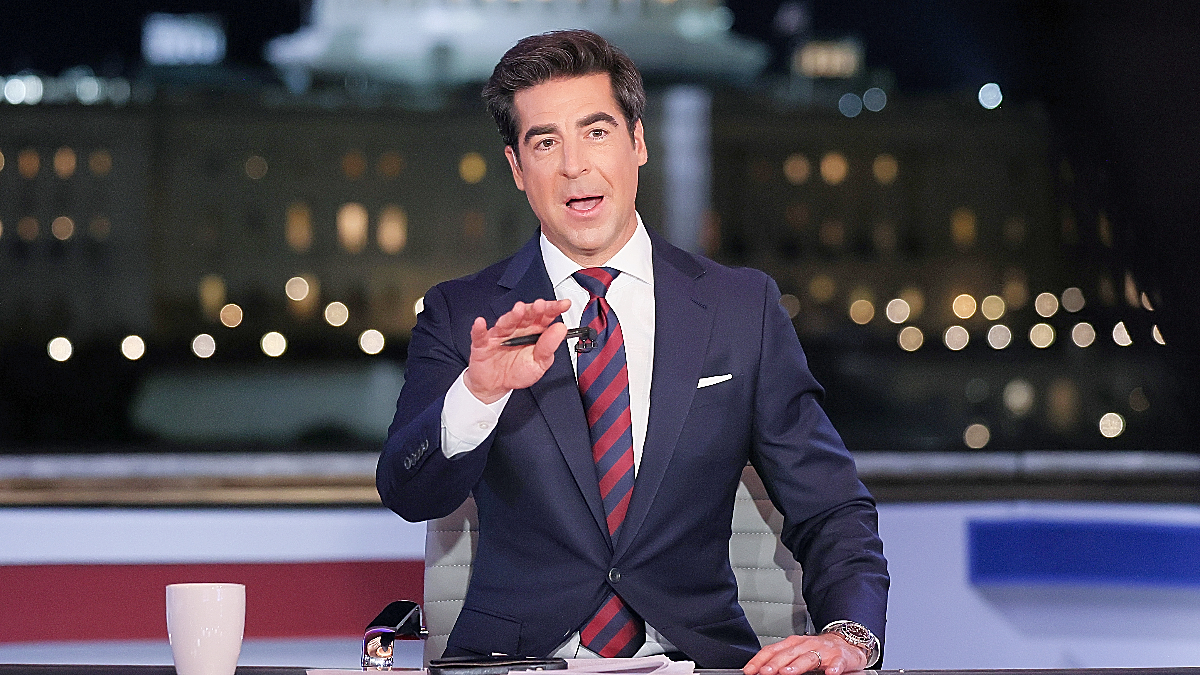

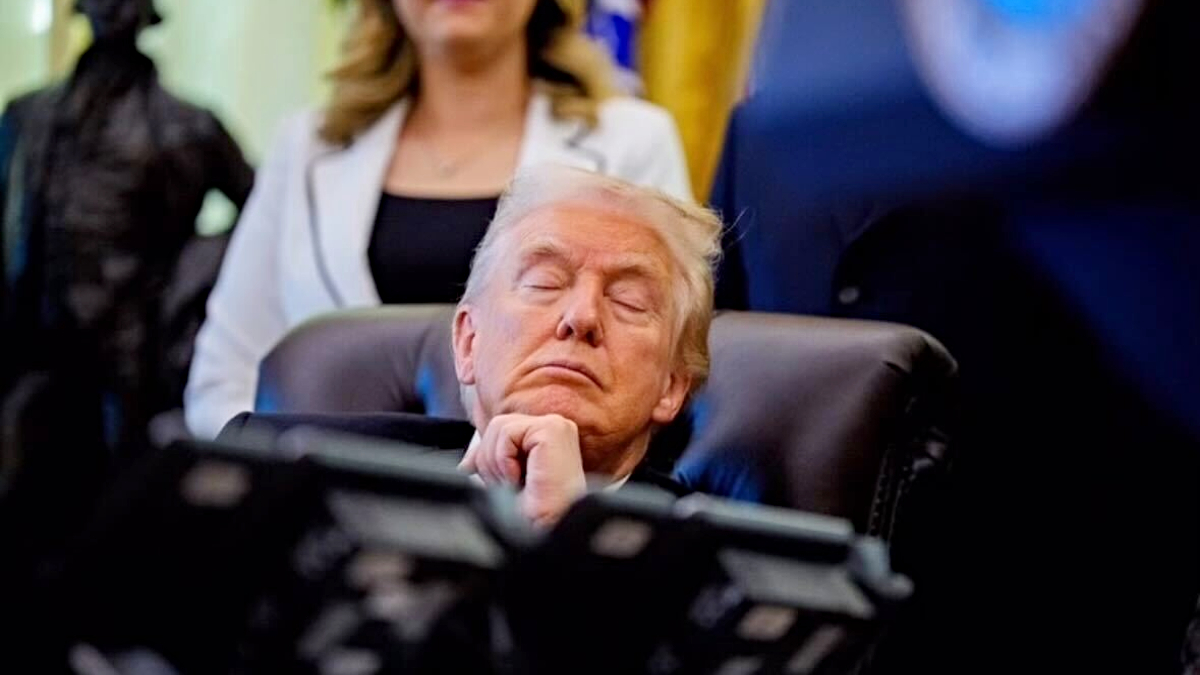
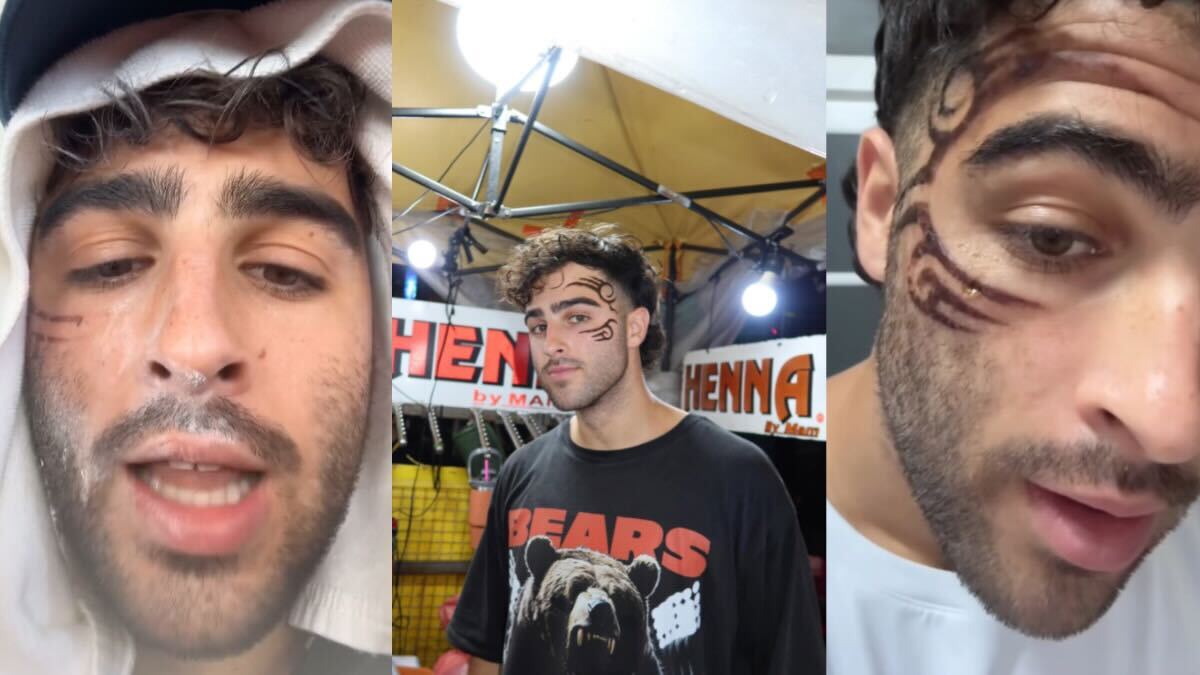

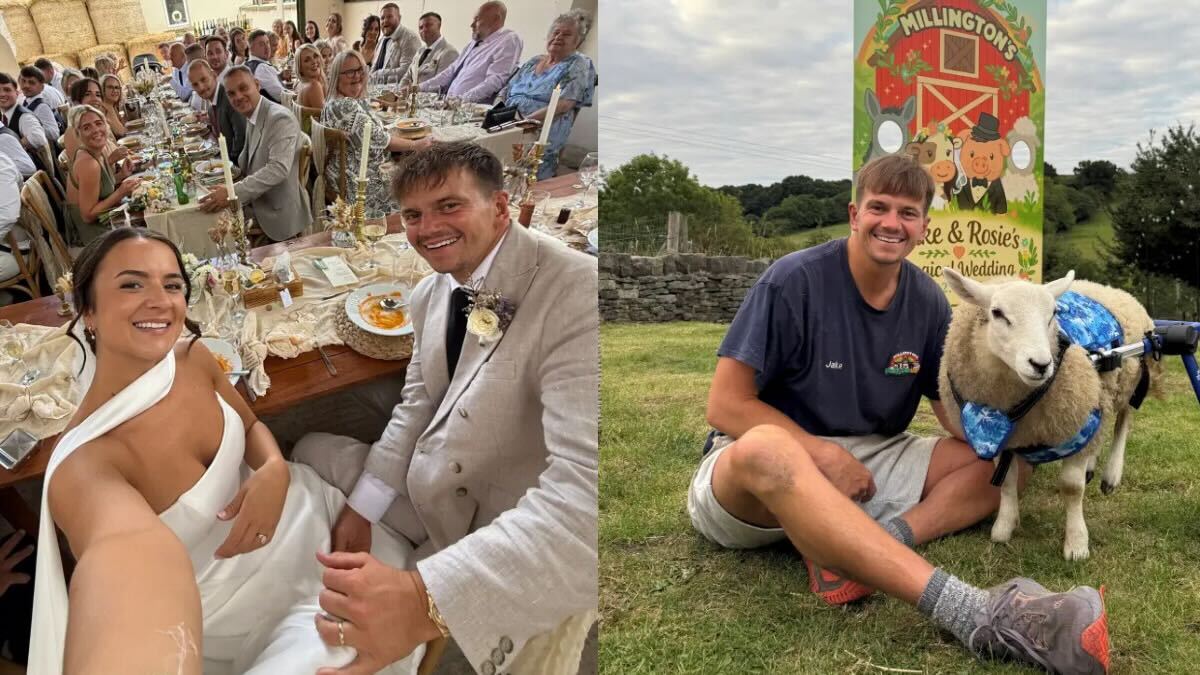
Published: Aug 11, 2016 10:49 am